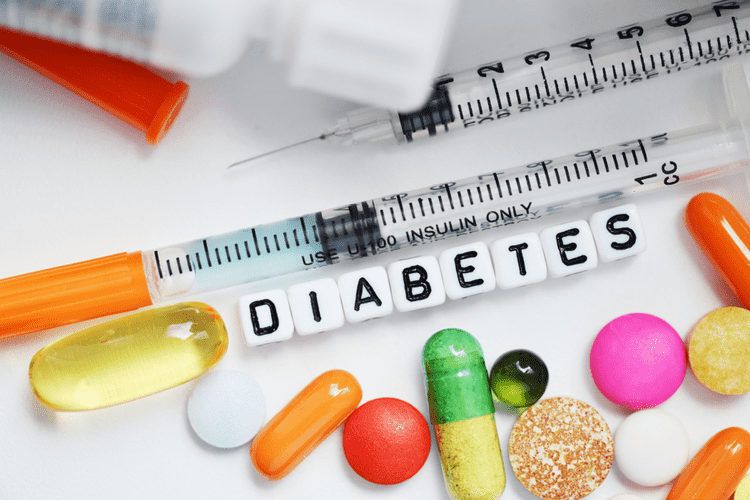However, understanding and learning to cope with cravings for alcohol can give your more tools to help you sustain change for the longer term. If your cravings come in the first couple of weeks after quitting drinking, you may be experiencing some degree of alcohol withdrawal symptoms. Cravings for alcohol can peak in intensity around day four of not drinking. For many people, these feelings will resolve themselves within the first seven days alcohol-free. But it’s essential to be on the lookout for warning signs of withdrawal and reach out for support if you are feeling unwell.
If you struggle with cravings for alcohol, it’s essential to reach out for support. Often, telling someone what’s going on can help you avoid unwanted drinking, especially if https://ecosoberhouse.com/ you usually drink alone. Online communities like Club Soda can be a great source of advice. Hearing other people’s experiences of cravings can help you feel less isolated.
Helping Someone with a Drug Addiction
Family and friends can provide encouragement and support when you stop drinking. By opening up about your relationship with alcohol, you might also encourage others to explore their own drinking habits. Becoming more aware of your alcohol triggers and reasons for drinking can help you plan ways to help manage the urge to drink. Say you don’t have any cravings when you go without drinking.

You’d get a bottle and keep the party of one going at home. In the morning, you’d wake up with a splitting headache, wondering why you let yourself do it all again. You had hopes for giving up drinking, and in this movie, you’d be disappointed in yourself, exhausted, and hungover. Omega-3-rich fish like salmon and mackerel may also help improve focus and overall brain health. Eating simple carbohydrates and processed foods may induce cravings. People who are still drinking are not prescribed acamprosate.
Things To Try in the Moment
Make it clear that drinking will not be allowed in your home and that you may not be able to attend events where alcohol is being served. Make a table like the one below, weighing the costs and benefits of drinking to the costs and benefits of quitting. You simply need to understand why you are committed to your journey, remove the conditioning, recognize the thoughts for what they are, and rejoice instead of feeling deprived. There’s nothing inherently wrong with thinking about alcohol.
But does that mean that every desire for a drink is a craving? The one thing that researchers agree on is that cravings feel intense. So a passing thought about having a drink is just that – a passing thought – and not a craving that should concern you. If you feel comfortable doing so, discuss your challenges with your primary healthcare professional.
How to Stop Alcohol Cravings Naturally
You’ll need to experience the urge, but not act on it, until the urge lessens and goes away. It was developed by Joseph Gerstein, M.D., a co-founder of SMART Recovery (and a good friend of mine). Imagine life as a movie, and your drinking gets the starring role. Play a movie through of how that one tasty cocktail would go for you, based on your past experience.
Ozempic users say weight loss ‘wonder drug’ curbs cravings for booze, cigarettes, gambling – New York Post
Ozempic users say weight loss ‘wonder drug’ curbs cravings for booze, cigarettes, gambling.
Posted: Mon, 28 Aug 2023 07:00:00 GMT [source]
However, long-standing habits and routines still play a large role in our brain’s associations, so there is no singular ‘fix’ for cravings. Alcohol cravings are very common for people navigating sobriety or moderation and are nothing to be ashamed of. While cravings can feel especially overwhelming at the beginning of the alcohol recovery timeline, you can manage them with the proper tools, online alcohol treatment, and understanding.
Tips and Ways to Deal with Urges and Cravings to Drink
Ria Health members also get a workbook with a number of exercises to mindfully manage drinking urges. Alcohol cravings can be caused by a variety of factors, https://ecosoberhouse.com/article/how-to-stop-alcohol-cravings/ including physical dependence, emotional triggers, and habits. Addiction is severe and extremely difficult to overcome without proper rehabilitation.
- Join Club Soda for 10% off your first order of drinks for UK delivery.
- While no drug can be guaranteed to prevent relapse, these medications can aid in combating cravings before they happen.
- For many people, these feelings will resolve themselves within the first seven days alcohol-free.
- With help, many people struggling to stay sober can work through their cravings and maintain sobriety indefinitely.
- This can result in individuals experiencing an internal battle between wanting to and not wanting to give in to cravings, which can be stressful and upsetting.
- If you are ready to go sober and more importantly stay sober.


